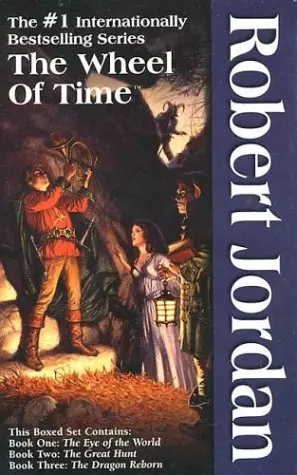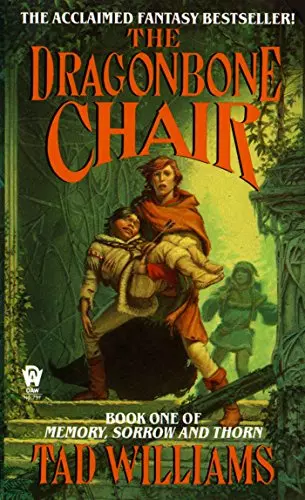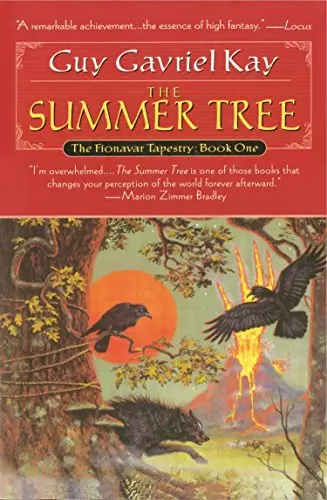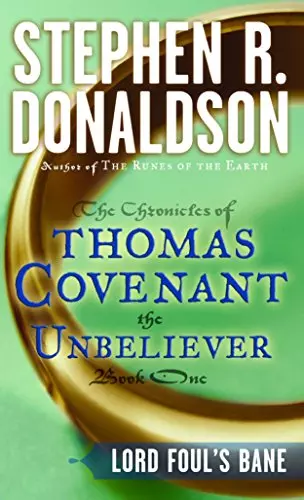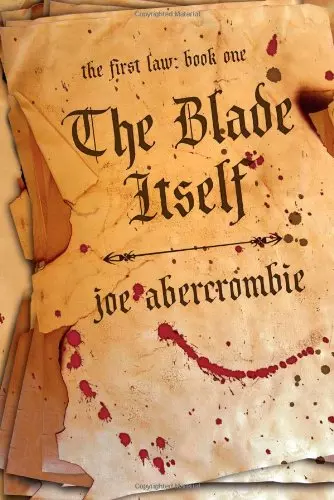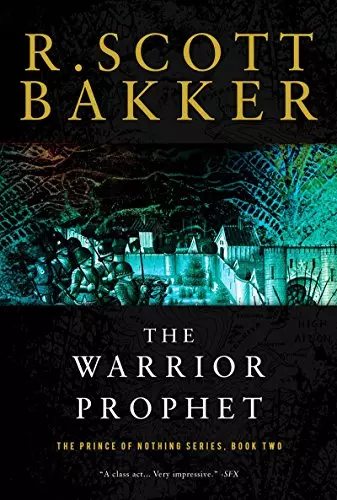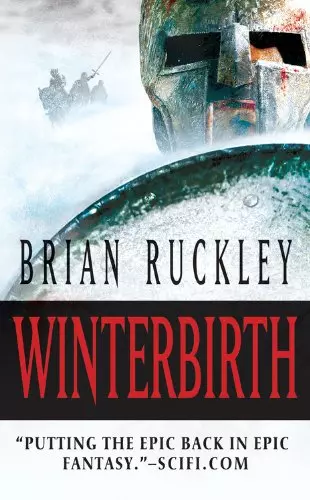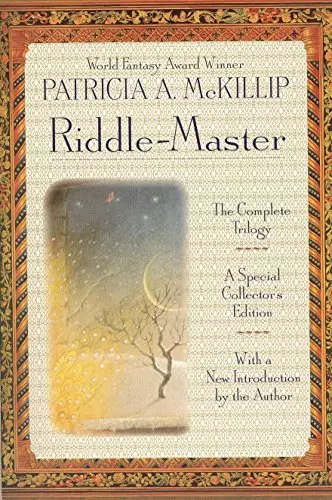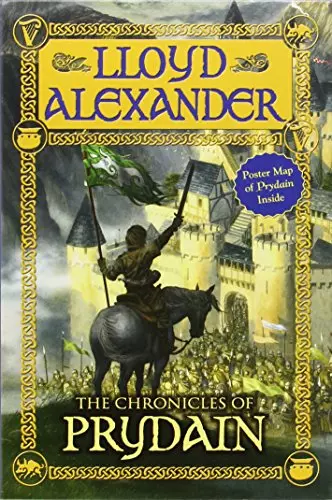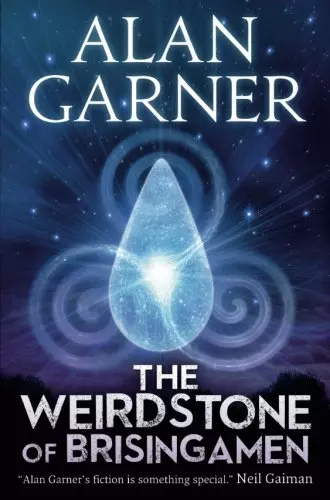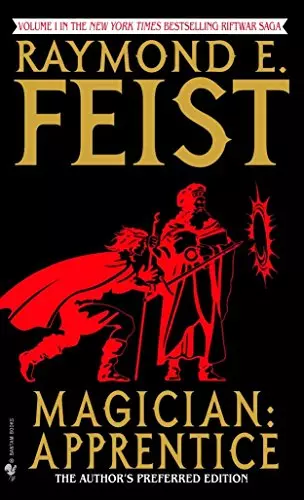Best of the Tolkien Clones
Fantasy Very Similar to Lord of the Rings In Style and Content
Tolkien is considered the founding father of the modern epic fantasy. Thus, it’s no surprise that many fantasy epics give a heavy nod to Tolkien, through some of the plot conceits and/or the world-building. This is a list that aims to give readers who “like” the Tolkien style some recommendations for some similar-but-not-completely-derivative works. The use of the word “clones” is more of a tongue-in-cheek title. By “clones,” I don’t mean works that are completely derivative, but rather fantasy epics that are heavily influenced by the Tolkien template. What is the “Tolkien Template?”
Epic fantasies that include all or a heavy dose of the following:
A Dark Lord and evil servants (think Sauron, orcs, trolls, and the like)Magical items (the one ring, the rings of power, magic swords, magic amulets, etc)Different races (men, dwarves, elves, eagles, etc)Magic-imbued creatures (elves, immortals, wizards)World-building with a deep mythos and well-developed history (history of middle earth, different ages of middle earth, etc)Some sort of quest to defeat an evil force or prevent a world-ending catastropheA callow youth (usually a farmhand or some other ignorant-of-the-greater-world character)’s journey from innocent and ignorant to powerful and influential, usually with the direct fate of the world resting solely on his shoulders.There will be various trials and tribulations faced by the “hero”.
You might think of these works as Tolkien’s literary children. There are hundreds and hundreds of such works out there and most modern epic fantasy books do borrow from Tolkien in some ways. Here’s a list of the best clones, aka the books that follow the Tolkien conceits pretty closely, yet are a cut above the rest.
Ranked Fantasy Books
Trending Books in Best of the Tolkien Clones
Trending Fantasy Booklists
Best Fantasy Books 2025
The Must-Read Fantasy Releases of 2025 That Fans Are Devouring Worldwide
Top 25 Best Fantasy Books
Love fantasy novels? Hate wasting time reading trash? Then read this definitive guide to the top 25 Fantasy books in the genre.
The Best Sci-Fi Movies
The Best of the Best Science Fiction Movies
Top 10 Sci-Fi Movies That Make You Think
Top 10 Sci-Fi Movies That Make You Think
Top 50 Best Epic Fantasy
The Absolute Best Epic Fantasy Series
Top 25 Best Fantasy Audiobooks
The Best Fantasy Audiobooks (Updated 2016)

